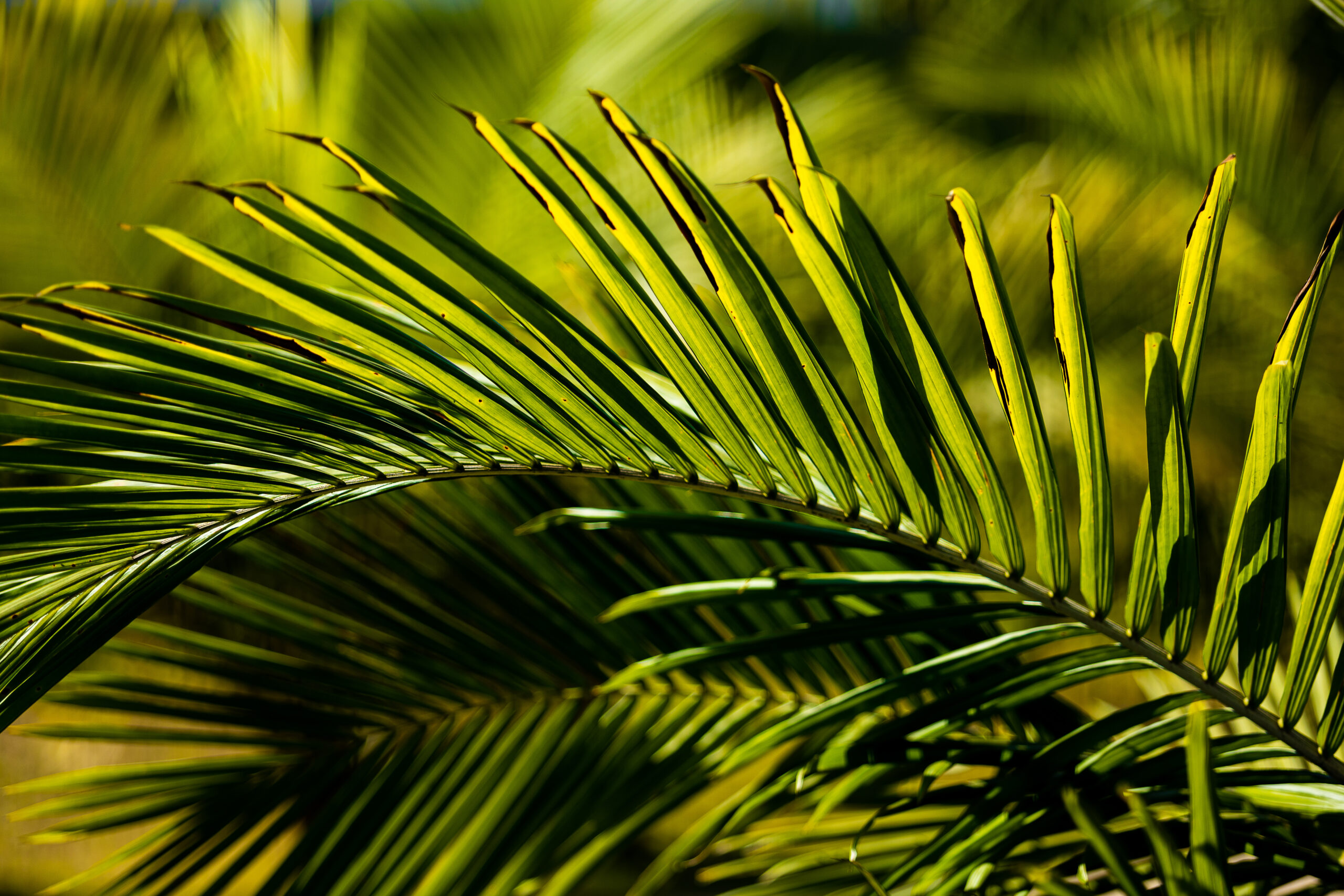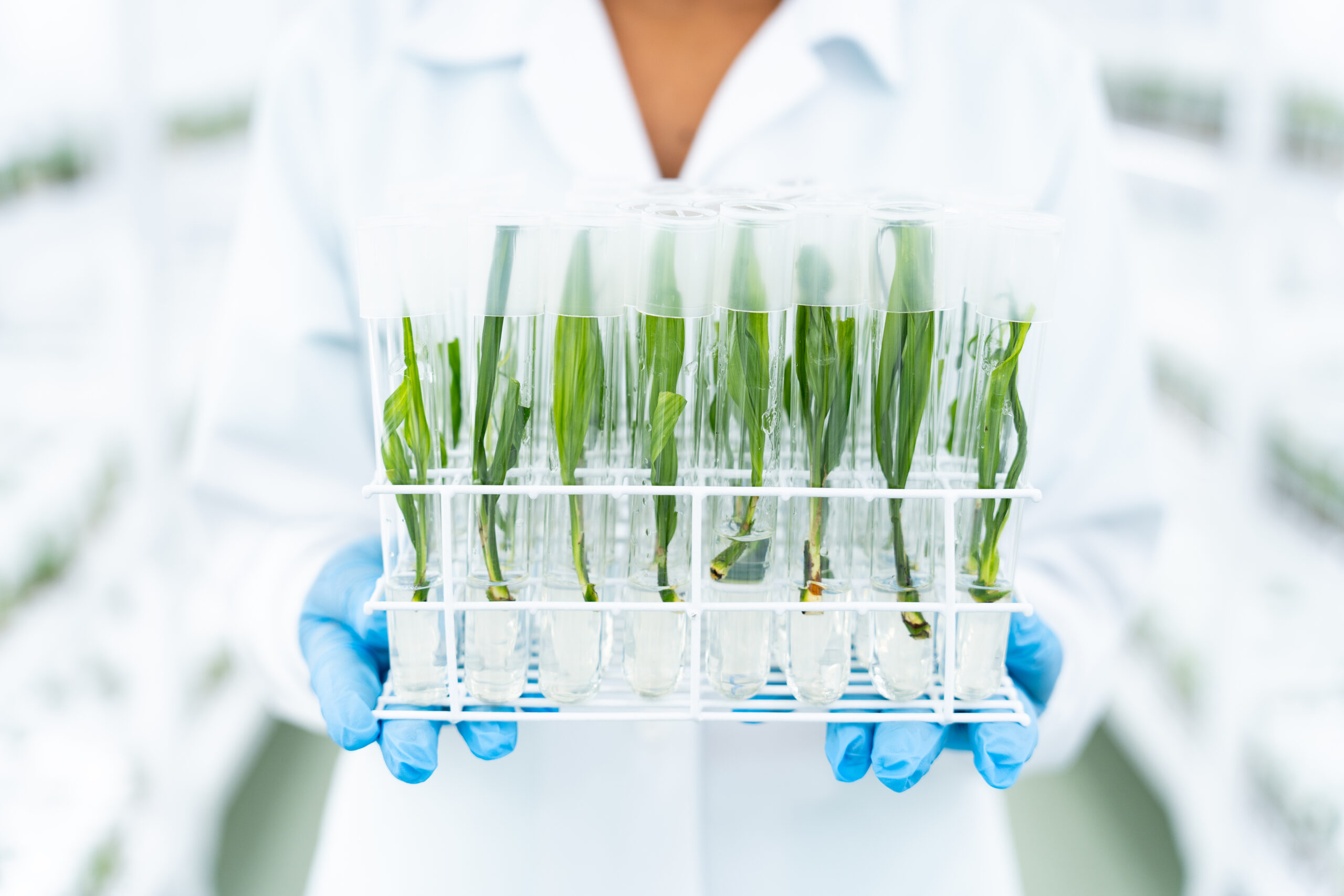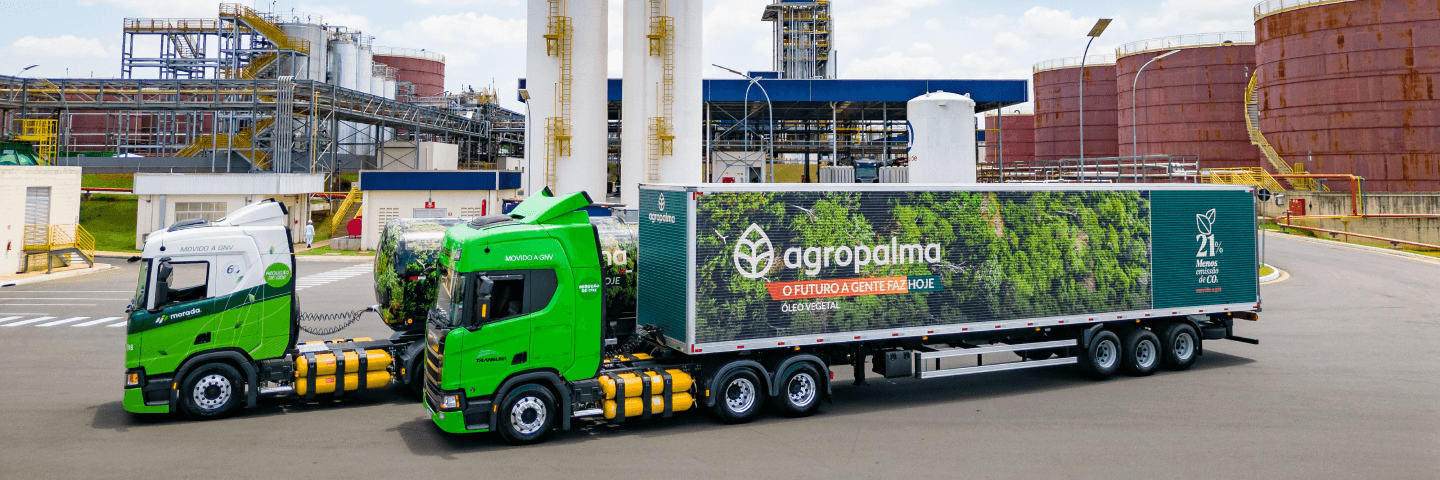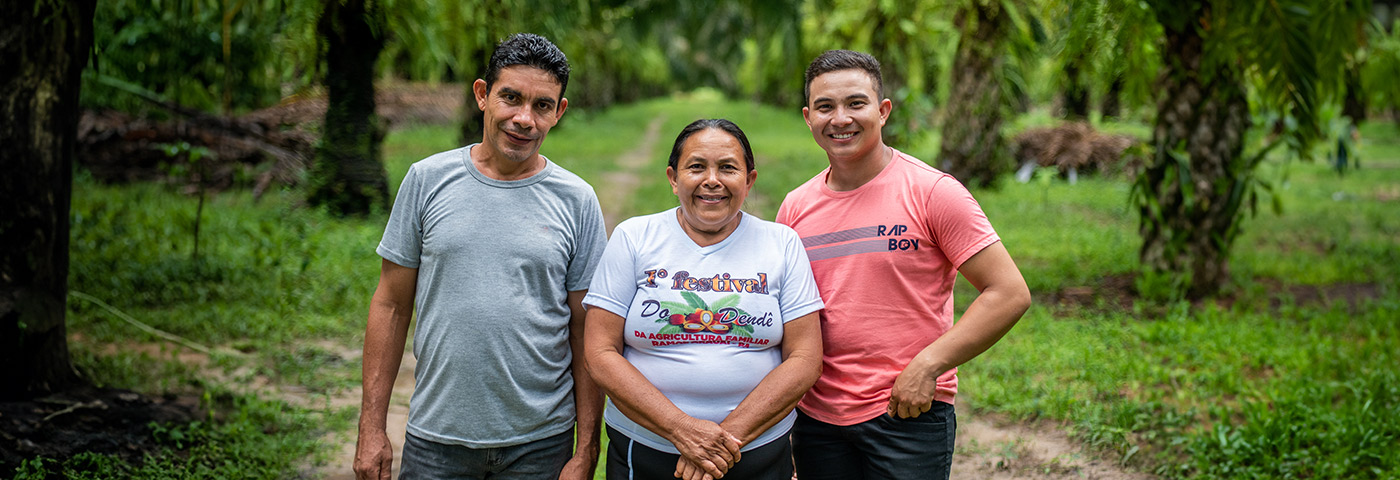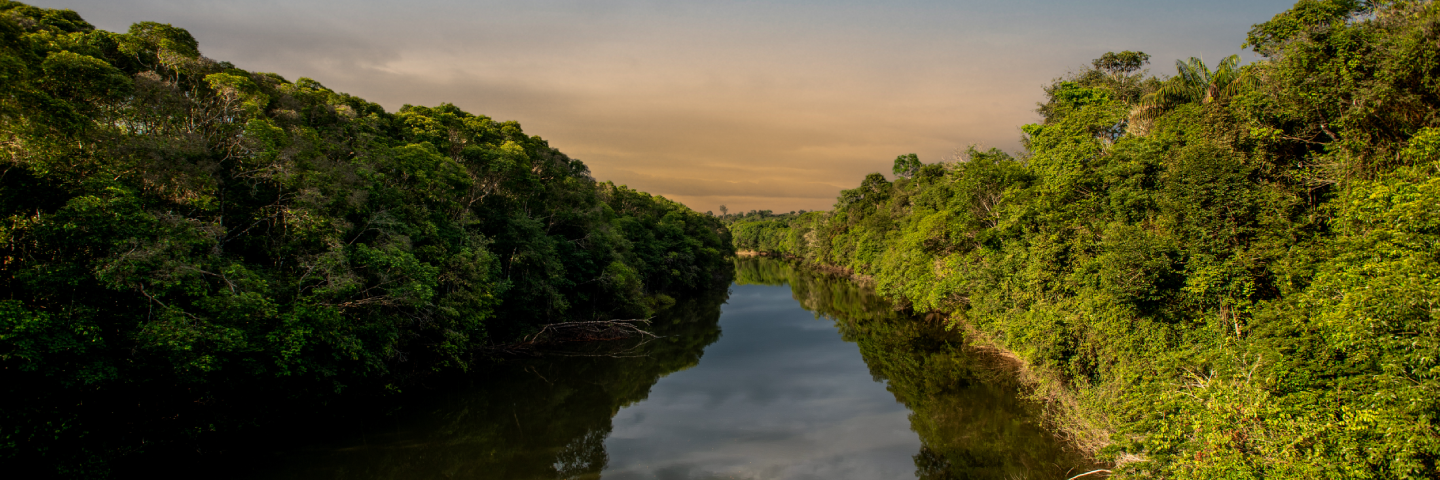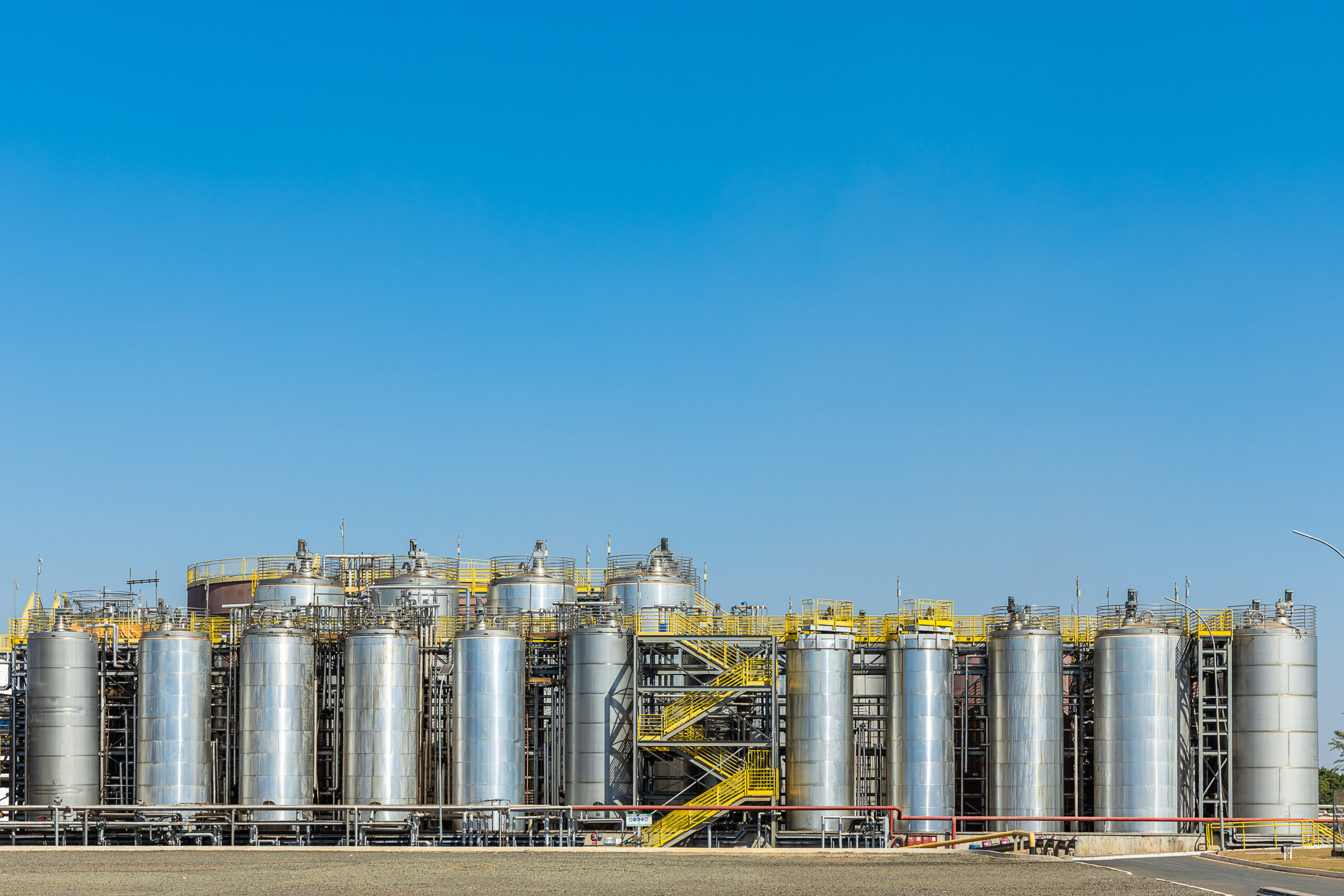Family farmers from a community in Moju, state of Pará, are planting palm in a consortium with manioc, in partnership with Agropalma, the largest sustainable palm oil producer in the Americas. 17 families from Vila Jutaí that are integrated into Agropalma’s Family Farming Program have planted 227 hectares of palm trees producing palm oil in an agroforestry system, with harvesting expected to start in 2026.
In the 25-year contract, the company commits to purchasing all palm oil production, regardless of market variations. In addition, it finances the seedlings and agricultural inputs, so that the farmer only starts paying back after the first harvest, and provides training and follow-up on practical production improvements, uniting regenerative agriculture techniques, environmental protection and legal requirements.
Raimundo Nonato Gonçalves Pompeu, president of the Jutaí Farmers’ Association, tells us that the community was founded nearly 50 years ago and has always been dedicated to agriculture, particularly manioc and black pepper, but until the 1990s, farmers had to tread nearly 40 kilometers on foot in order to sell their produce and access basic health care.
Life started changing with increased environmental awareness from the community, which included an agreement with the Brazilian Institute of Environment and Renewable Natural Resources (IBAMA) to stop hunting and fishing in the region and return water to the streams.
At the moment, Vila Jutaí’s inhabitants make their living by growing açaí, manioc, black pepper and cocoa, but with no guaranteed buyer for those products. “We plant today, but we don’t know if we will be able to sell our produce, to whom or for how much”, explains Pompeu.
Born in a farmers’ family, he says that the idea of planting palm has been around since the association was founded, in 2005. One of the village’s farmers then entered into an agreement with Agropalma in 2022. He planted 4,000 plants in 28 hectares.
Farmers have chosen the manioc consortium model, planted in between the palm plants, to fund the production and ensure basic income from the first year.
The community has also progressed with other consortiums with traditional açaí, cocoa and black pepper cultures, and also starts producing honey and propolis. The products are negotiated in fairs and direct sales to consumers and middlemen.
“We have variety, but our products have no guaranteed buyers. Palm oil brings us the safety we need without risking other cultures in the agroforestry system”, says Pompeu, further adding that the hardest part in palm culture is clearing the fields, since herbicides are entirely avoided, the region gets plenty of rainfall, wild bushes grow fast, and labor is entirely manual.
The person responsible for building the bridges between Agropalma and family farmers from Vila Jutaí is the agribusiness technician José Maria Pompeu Leão, born and raised in the village. He works at Agropalma prospecting new planting areas for palm and tries to bring Jutaí’s farmers closer to potential buyers for other raw materials they produce.
“My whole life I have had a major dilemma between love for my homeland and the urge to leave in pursuit of a better life. But I chose to stay and help develop the community, first as one of the founding members of the association, and now as a mediator with Agropalma”, he recalls.
Partner
Leonel Oliveira de Souza, from Moju, is also a palm oil provider for Agropalma, but as an integrated farmer. He planted the first seedlings in 2002, one of the pioneers of the culture in the region.
“I used to grow manioc, corn and rice, all of those with no guaranteed selling. Agropalma visited the clearance area in 2001 and proposed a partnership for palm planting. We started on the back foot, but Agropalma came through and the state government donated 500 hectares to 50 families, to be dedicated to planting palm. We were awarded a plot, and it all worked out pretty well.”
According to Souza, the community lacked even simple bicycles, whereas nowadays the farmers mostly travel by car or motorcycle. “Back in 2001 I had nothing, not even a bicycle, and my house was made of wood. But today I have a good house, a car, motorcycle and a tractor. I made BRL 196,000 as profit in 2021, which means an average net income of BRL 12,000 – 13,000 a month. That’s pretty good for someone no formal education”, says the farmer, who works with his two sons and now uses a tractor to clear the fields.
The crops are getting renewed in 2027 to increase productivity, and the palm should be planted now in combination with cocoa and manioc.
Jose Raupp da Rosa is another integrated farmer who, after incentives from Agropalma, switched from cattle raising to palm planting, and ranked third in the 2019 Sustainable Farming Award from Globo Rural.
Strategic Program
“Agropalma is a pioneer in family farming. The project started with 50 families, has already grown five-fold and keeps expanding. It is extremely strategic to the company, since 25% of our production comes from family farmers and integrated farmers”, states Antonio Jorge Brandão, manager of the Family Farming Integration and Integrated Farmer Program.
According to him, palm oil production has generated, over two years, an average monthly income of BRL 15,000 to the families, roughly a 475% increase in their average income in 15 years.
Douglas Pimentel da Silva, agricultural coordinator of the integration program and its partners, declares that Agropalma currently maintains partnerships with 272 farming families, including those from Vila Jutaí, and 60 integrated producers with a total area larger than the four family farming fiscal modules.
Overall, our partners’ farming area spans 13,000 hectares. The company goal is to reach 40,000 hectares cultivated by partners within six or seven years, and increase their participation to 50%.
Agropalma maintains 107,000 hectares in Pará, 64,000 of those as protected forest reserves. Out of 39,000 hectares of owned production, 4,000 are dedicated to organic production intended for exporting. Exporting, however, amounts to less than 5% of the volume produced by the company, which was founded in 1982 in the municipality of Tailândia, state of Pará.
Sustainability
Marco Flavio Picucci, agricultural coordinator in charge of Agropalma’s organic certification, tells us that palm has regenerative properties in degraded soils, and mitigates the impacts of climate change by absorbing large amounts of carbon dioxide from the atmosphere during its growth phase.
“Agropalma has always had a view for production sustainability. We implemented the first organic agriculture project of the state of Pará which was certified in 2000 with 4,000 hectares, and the company does not object to any consortium between palm and other cultures. Nowadays, agroforestry systems are an innovation for production with palm, which is traditionally a monoculture”, he states.
In partnership with Embrapii (Brazilian Industrial Research and Innovation Company) and Federal University of Viçosa, Agropalma has initiated studies for development of agroforestry systems as an alternative for palm planting on a commercial scale.
A diagnosis is also in the plans with certification institutions and partners of Agropalma to comprise requirements and trends related to adoption of agroforestry practices and palm handling aligned to the organic system and concepts of sustainable production.
According to Picucci, all planted areas owned by Agropalma are sustainable. The company only plants in already existing areas, without burning, and vegetation cover with leguminous plants that bind oxygen and uses minimal herbicide. Pest and disease control is done using organic materials.
Palm productivity varies from 10 to 35 tons a year and the plant becomes economically unfeasible after 25 years.
Structure
Agropalma processes around 170,000 tons a year and has six raw oil extraction facilities, a customs export terminal, two refineries (one in Limeira-SP) and employs around 5,000 people.
Production and income have increased, but do not reflect current numbers. In 2021, according to the sustainability report, the net revenue was BRL 2.3 billion, compared to BRL 1.4 billion from the previous year.
Palm oil, the most consumed type of fat in the world, is used in the food (chocolate, ice cream, margarine and pizza, for example), cosmetics (moisturizers and lipsticks), chemical (detergent) and biodiesel production industries, representing over 30% of the global market of oils and fats.
Source: Globo Rural – Eliane Silva
 Back
Back


